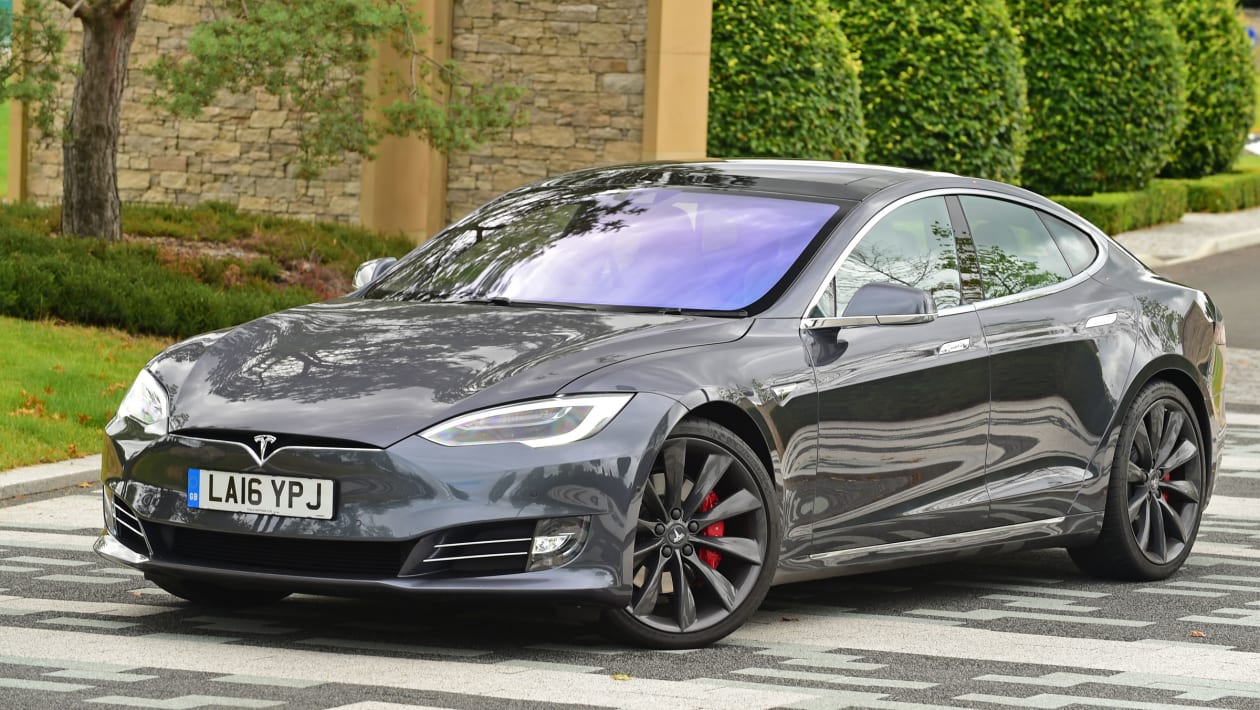
Tesla’s launch and rapid withdrawal of ‘full self-driving’ software update brings scathing response from leading UK safety body.
Tesla has been forced to abruptly withdraw the latest ‘over the air’ software roll-out for its autonomous driving system, after reports emerged from customers of bugs in the programme.
The upgrade went out on Saturday and was withdrawn yesterday, as Elon Musk tweeted his acknowledgement of problems with the system it describes as ‘Full Self-Driving’.
“Seeing issues with 10.3, so rolling back to 10.2 temporarily,” he announced via the social media platform. “Please note, this is to be expected with beta software. It is impossible to test all hardware configs in all conditions with internal QA, hence public beta.”
Matthew Avery, Director of the UK insurance industry’s funded research institute, Insurance Research at Thatcham, funded research institute, has responded with a pithy condemnation of Tesla’s roll-out of so-called Beta-level technology to customers.
“Tesla has been leading the market with ‘Over The Air’ (OTA) updates for some time now. Its pioneering ability to instantly improve functionality and performance across its entire suite of vehicles is to be applauded. However, this news is a concern for a number of reasons,” said Avery.
“Firstly, the term ‘Full Self-Driving’ is wholly inaccurate. It is not possible to buy and drive a vehicle that’s capable of ‘full self-driving’ anywhere in the world today. It’s a driver assistance system which requires constant oversight and engagement from users.
“There’s a huge risk of misinterpretation from drivers receiving this update. If they haven’t read the small print carefully, they might not understand that the system is not ‘self-driving’, and that they, not the vehicle, are entirely liable for safe transit.
“Secondly, this is not a beta test with users of a web browser. Tesla drivers are essentially live testing a ‘minimum viable product’ in a real-world environment. There is a significant risk that the new version does not perform as anticipated, which when combined with a potential mismatch over the ‘full self-driving’ expectation, could give rise to dangerous uncertainty. “That Tesla has recognised this and rolled back the update promptly is testament to its intelligent use of OTA updates.
“But inviting its customers to try out new functionality is fundamentally dangerous, not least when thrown into the mix with naming conventions that over-sell the alleged self-driving capability of a vehicle.”
Chris Rosamond



